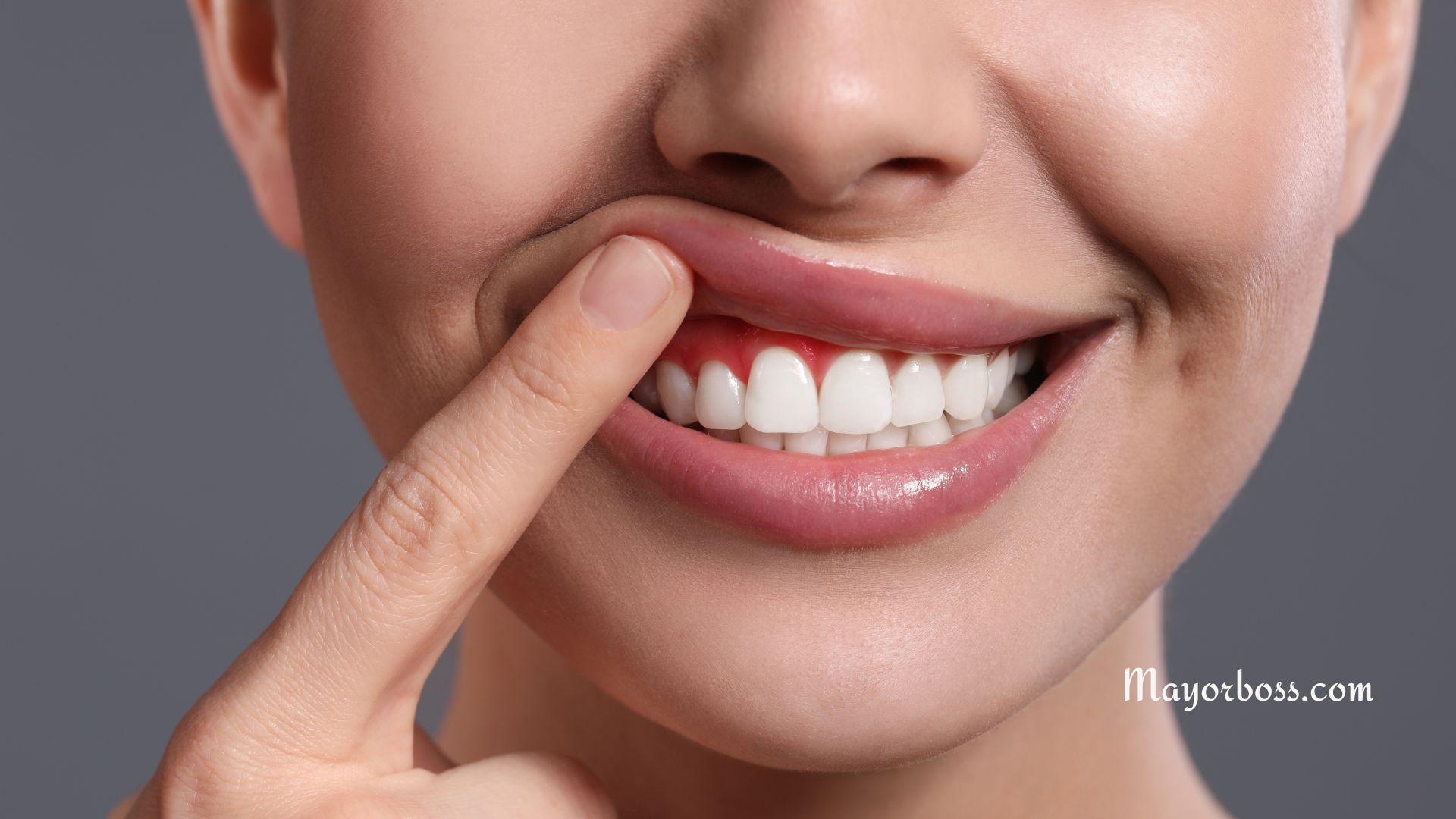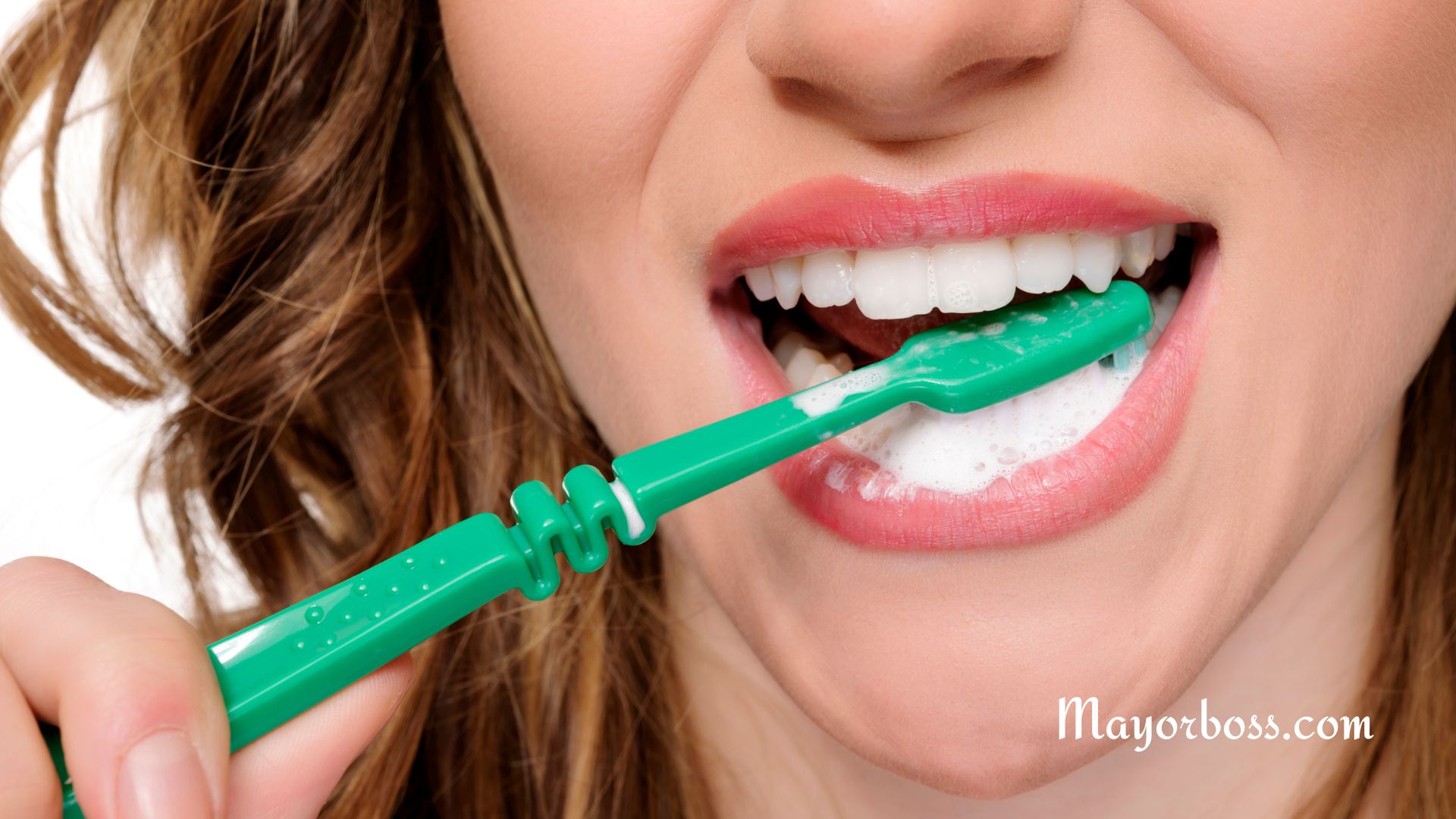Toothache and Ear Pain: Get Rid of the Discomfort Fast
A toothache is one of those nagging pains that can make life miserable. The throbbing and discomfort can ruin your focus and make simple tasks like eating or sleeping feel impossible. But did you know that sometimes a toothache can radiate to your ear, making the pain even worse? If you’re experiencing both toothache and ear pain, keep reading to understand the underlying cause and how you can alleviate those symptoms to get a good night’s rest.

Why Do Toothaches and Earaches Sometimes Happen Together?
While a toothache’s source may seem obvious, the reason for the accompanying ear pain might be a bit more complex. Here are a few common reasons:
- Shared Nerves: The nerves serving your teeth and ears are closely interconnected. When a tooth is inflamed or infected, the pain signals can travel along these shared nerve pathways, making you feel pain in your ear as well.
- Temporomandibular Joint (TMJ) Disorder: Your TMJ is the joint that connects your lower jaw to your skull. TMJ disorders can cause pain in your jaw, teeth, and ears, mimicking a toothache.
- Sinus Infection (Sinusitis): Your sinuses are air-filled cavities located near your teeth and ears. When a sinus infection occurs, the inflammation and pressure can contribute to both toothaches and earaches.
- Bruxism (Teeth Grinding): Grinding or clenching your teeth puts excessive pressure on the TMJ and the muscles around your jaw. This pressure can trigger both toothache and ear pain.
- Dental Problems: Cavities, gum disease, impacted teeth, and abscesses could cause pain that radiates to the ear.
Effective Treatments for Toothache and Ear Pain
When you’re experiencing both toothache and ear pain, finding relief is likely your top priority. Here are some treatment options:
- Over-the-counter (OTC) pain relievers: Medications like ibuprofen (Advil, Motrin) or acetaminophen (Tylenol) can offer temporary relief from pain and inflammation.
- Saltwater rinse: Mix a teaspoon of salt into a glass of warm water. Gargle and rinse your mouth with it multiple times a day for anti-inflammatory and antiseptic action.
- Cold compress: Apply an ice pack wrapped in a towel to the affected side of your face for 15-20 minutes at a time. The coldness can help numb the pain and reduce swelling.
- Clove oil: It possesses a natural anesthetic called eugenol. Dilute a few drops of clove oil with a carrier oil like olive oil and apply it to the painful area using a cotton swab.
- Ear Drops: If the ear pain is specifically due to an ear infection, over-the-counter ear drops may provide relief.
When to Seek Professional Help
If your pain is severe, persistent for more than a couple of days, or accompanied by these symptoms, it’s crucial to see your dentist right away:
- Fever
- Swelling around your jaw
- Difficulty opening your mouth wide
- Persistent bad taste in your mouth
Diagnosing and Treating the Cause
Your dentist or doctor will conduct an exam to pinpoint the cause of your toothache and ear pain. Depending on the diagnosis, they might recommend:
- Dental Treatments: These may include fillings for cavities, root canals for infections, extractions, or treatments for gum disease.
- TMJ Disorder Treatments: Management strategies may involve using a mouthguard, physical therapy, or medication to relieve pain or relax the jaw joint.
- Medical Treatments: In case of sinus infections, antibiotics or decongestants can provide relief.
Prevention Tips
Preventing toothache and ear pain involves taking care of both your dental and overall health:
- Maintain Oral Hygiene: Brush twice daily, floss daily, and use mouthwash to keep your mouth clean and prevent dental issues.
- Regular Dental Checkups: Visit your dentist at least twice a year for professional cleanings and checkups to catch and treat any problems early.
- Protect Your Ears: Keep your ears dry and clean, and avoid inserting objects that could cause injury or infection.
- Manage Sinus Health: Address sinus issues promptly with decongestants or prescribed medications to prevent pressure build-up that could lead to pain.
- TMJ Care: If you have TMJ issues, seek treatment options such as mouthguards, physical therapy, or stress reduction techniques.
- Address bruxism: Ask your dentist about using mouthguards at night to prevent grinding.
Frequently Asked Questions
1. Can a toothache cause an ear infection?
No, a toothache doesn’t directly cause an ear infection. However, the shared nerve pathways might make it seem like the pain is coming from your ear.
2. Can ear infections cause tooth pain?
Yes, ear infections can sometimes cause referred pain in the teeth, particularly in the rear molars.
3. Can ear pain without a toothache still indicate a dental problem?
Yes, sometimes dental issues can manifest primarily as ear pain due to the close nerve connections, even if the tooth itself does not hurt.






